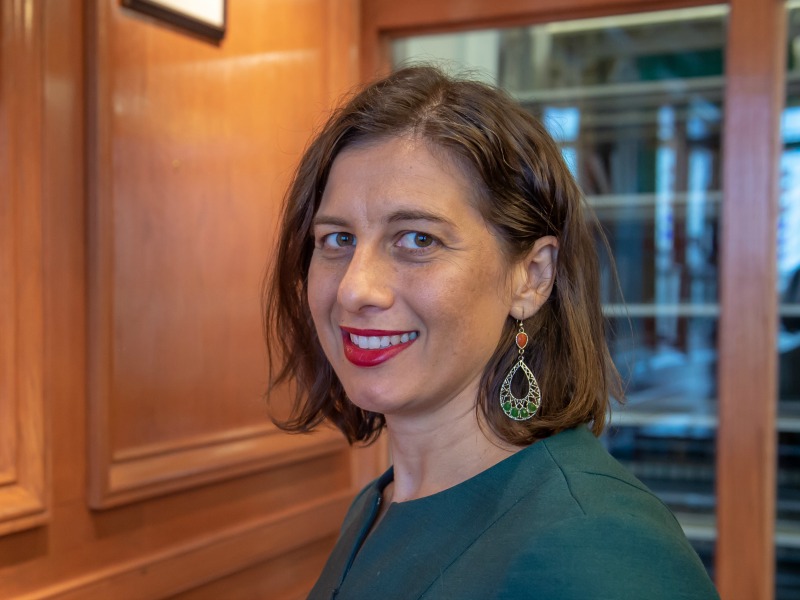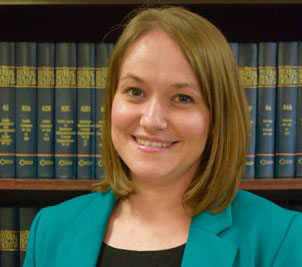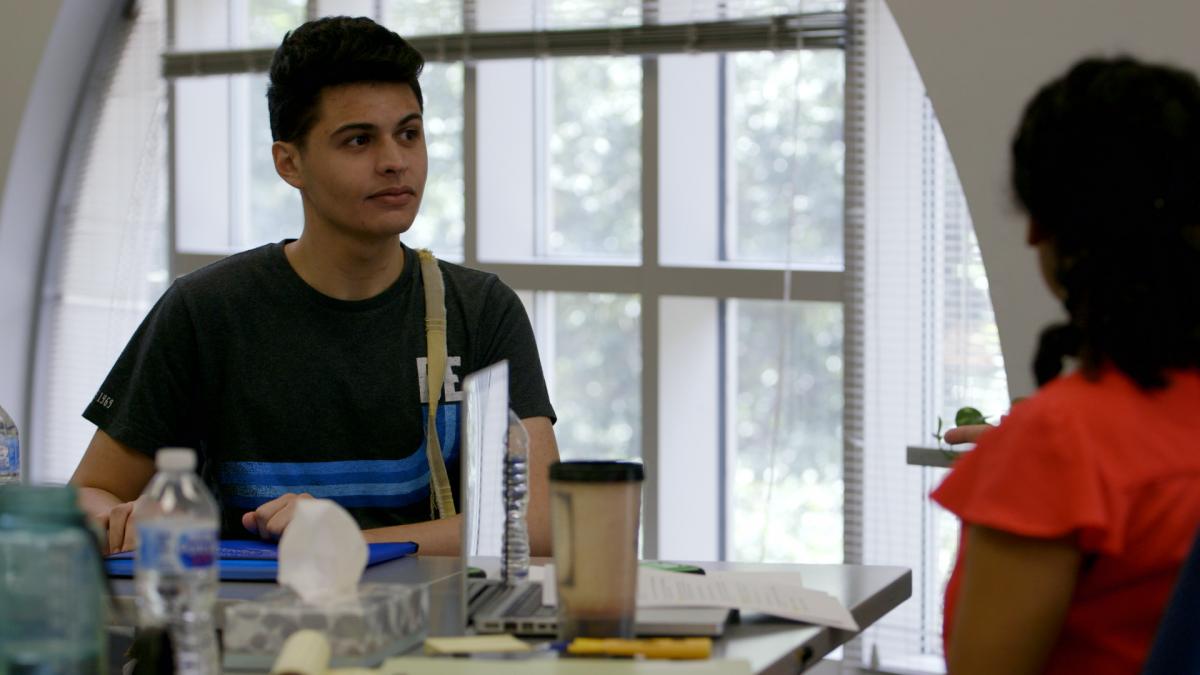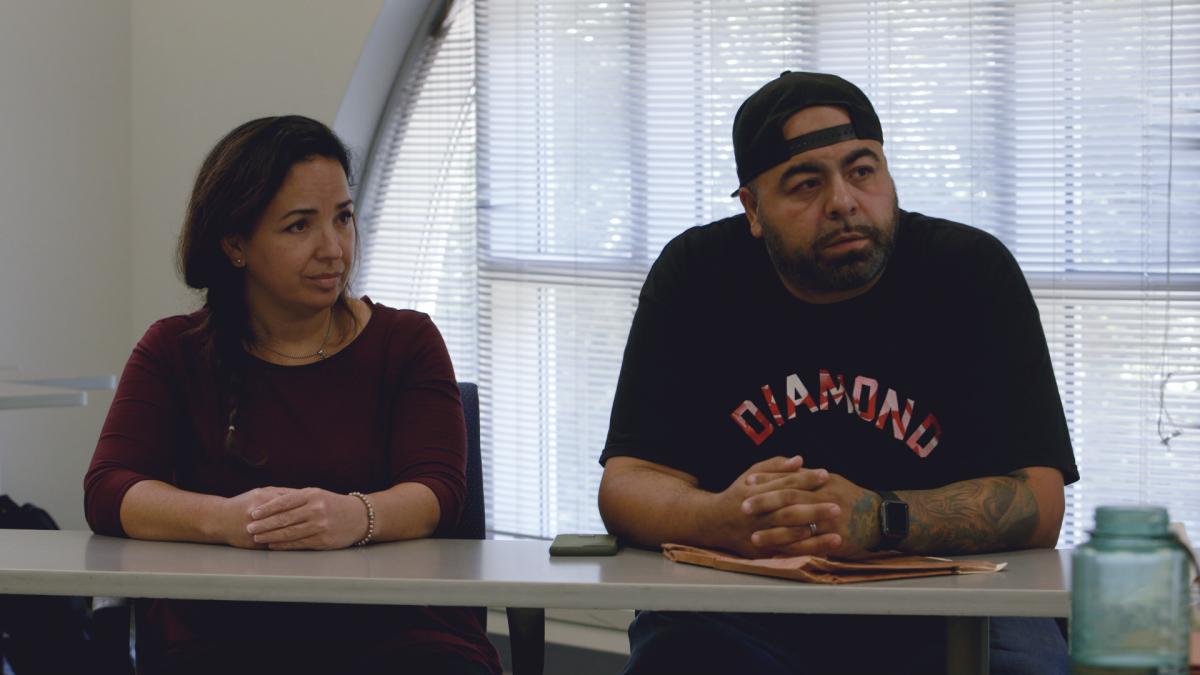
Laila L. Hlass
Professor of Practice
Director of Experiential Learning
Tulane University Law School
lhlass@tulane.edu

Lindsay M. Harris
Assistant Professor of Law
Co-Director, Immigration & Human Rights Clinic
David A. Clarke School of Law
lindsay.harris@udc.edu
Teaching initial interviewing in the legal context is challenging, particularly when students may be working in partnership, with survivors of trauma, and possibly using an interpreter. With the support of a Carol Lavin Bernick Faculty Grant from Tulane University, Professors Laila L. Hlass of Tulane University Law School, and Lindsay M. Harris of UDC David A. Clarke School of Law, developed two short films and a teaching guide regarding legal interviewing and language access for use in the experiential classroom.
You may access the videos through youtube, and if you would like the teaching guides, please email lhlass@tulane.edu and lindsay.harris@udc.edu stating your affiliation and planned purpose for the videos. We’ve also created a short video explaining how you might use these two films.
Interviewing Victor: The Initial Meeting 
In this video, two law students Lisa and Max interview a teenage asylum-seeker in removal proceedings, Victor, raising a number of issues relating to initial client interviewing, including:
- Road mapping and organization of the interview;
- Building rapport;
- Confidentiality;
- Role description, including representation at later stages, and explaining the arc of case;
- Verbal and nonverbal cues;
- Tone;
- Answering client questions or ethical issues that are difficult and unexpected;
- Recording the interview and seeking permission;
- Taking notes;
- Form of questions;
- Word choice;
- Approaches to sensitive topics and response to client’s distress;
- Client-centered lawyering; and
- Working with a co-interviewer.
Josefina: Using an Interpreter 
In this film, two law students Lisa and Max working with interpreters to interview a monolingual Spanish-speaking client seeking a U visa as a victim of a crime in the United States. This video raises questions regarding:
- Using third person;
- Pacing of speech;
- Summarization and expansion of interpretation;
- Challenges when one student speaks the client’s language but partner does not;
- Confidentiality;
- Use of interested parties, such as family members;
- Approaches to changing interpreters; and
- Use of common language words where the interpreter doesn’t know the intended meaning.
For questions about this project, please email Professors. Laila L. Hlass (lhlass@tulane.edu) or Lindsay M. Harris (lindsay.harris@udc.edu).
